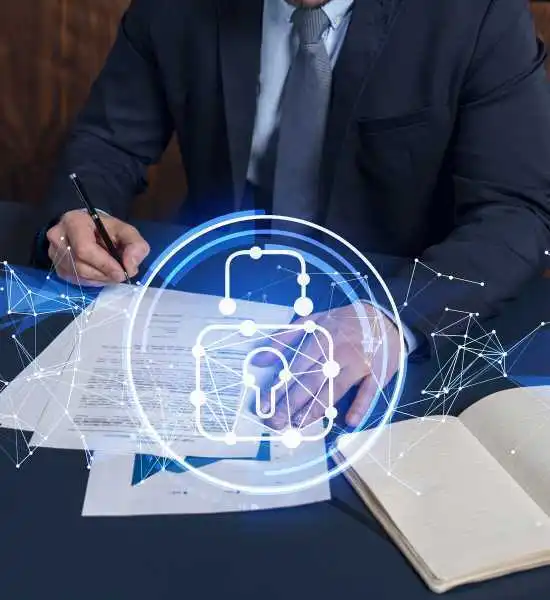The digital landscape is rife with a multitude of cyber threats, including hackers, state-sponsored attacks, and malicious actors seeking to exploit vulnerabilities. It is crucial to address these threats head-on, and this is where robust cybersecurity practices come into play. Protecting government assets means defending against a wide range of threats
Nation-states and cybercriminals constantly seek to infiltrate government systems to gather classified information.
01These attacks can cripple government operations by encrypting data and demanding hefty ransoms for its release.
02Disrupting government websites and services, these attacks aim to overwhelm systems and render them inaccessible.
03e exposure of sensitive government data can have dire consequences, affecting national security and privacy.
04
Government agencies are increasingly recognizing the importance of cybersecurity as a foundational element of national security. The protection of critical infrastructure, classified information, and the continuity of essential public services all rely on a resilient cybersecurity framework.

To safeguard government entities effectively, a comprehensive cybersecurity strategy is essential. Here are key components that are integral to protecting government interests:
Implementing sophisticated tools for the early detection of cyber threats to prevent breaches and data theft.
Ensuring that government networks are fortified with robust security measures to withstand attacks.
Encrypting sensitive data to prevent unauthorized access in the event of a breach.
Continuously assessing vulnerabilities and potential weaknesses to fortify defenses.
Ensuring that government personnel are well-versed in cybersecurity best practices to minimize human error.
Fostering partnerships with cybersecurity experts and organizations to stay ahead of emerging threats
While the importance of cybersecurity in government is undeniable, several challenges must be addressed
Government agencies often operate under tight budgets, making it difficult to invest in cutting-edge cybersecurity technology.
Many government agencies rely on legacy systems that may be more vulnerable to cyber threats
The human element remains a significant factor in cybersecurity breaches, as individuals can inadvertently compromise security.
Artificial Intelligence (AI) is emerging as a game-changer in government cybersecurity. AI-driven solutions can detect and respond to threats in real-time, enhance anomaly detection, and bolster the security of critical infrastructure. By incorporating AI, governments can achieve a higher level of cybersecurity preparedness.
Cyber threats often transcend national borders, necessitating international cooperation to combat them effectively.Government agencies collaborate to share threat intelligence and coordinate responses to cyber incidents, contributing to global cybersecurity efforts.

© 2024 Digitdefence. All Rights Reserved. Designed and developed by eflot.